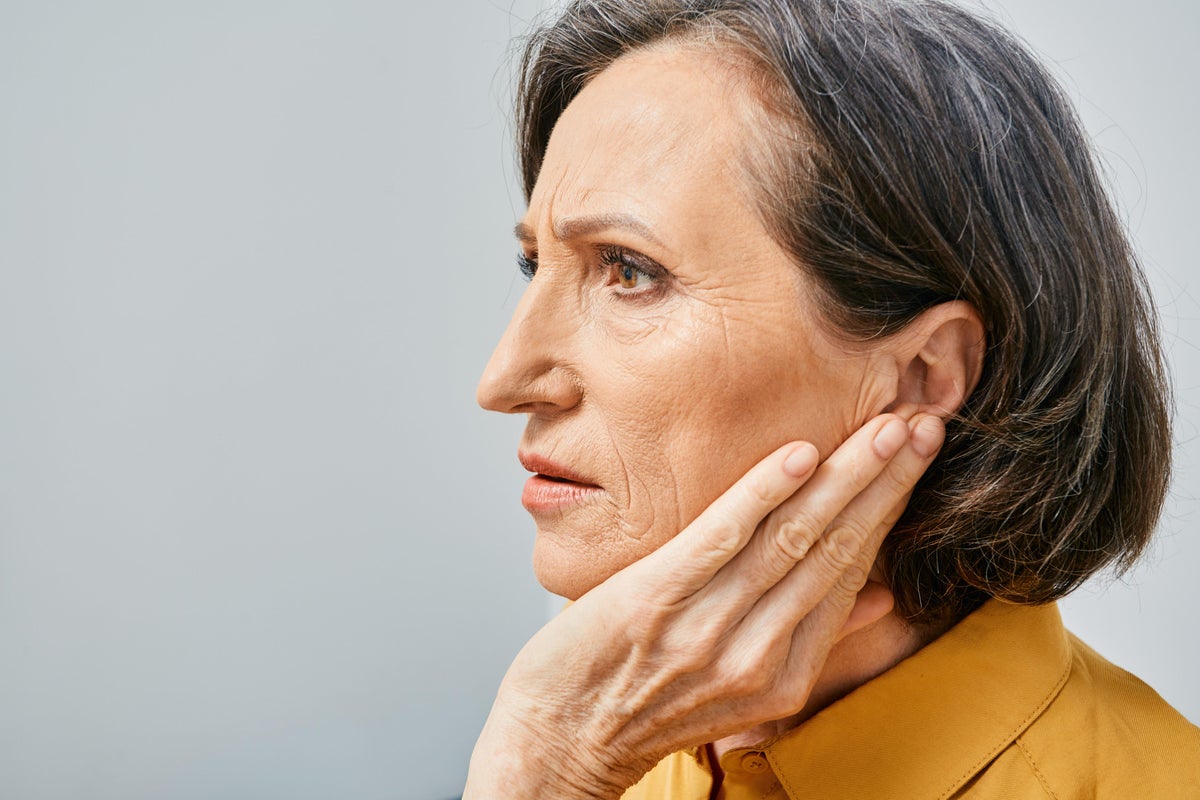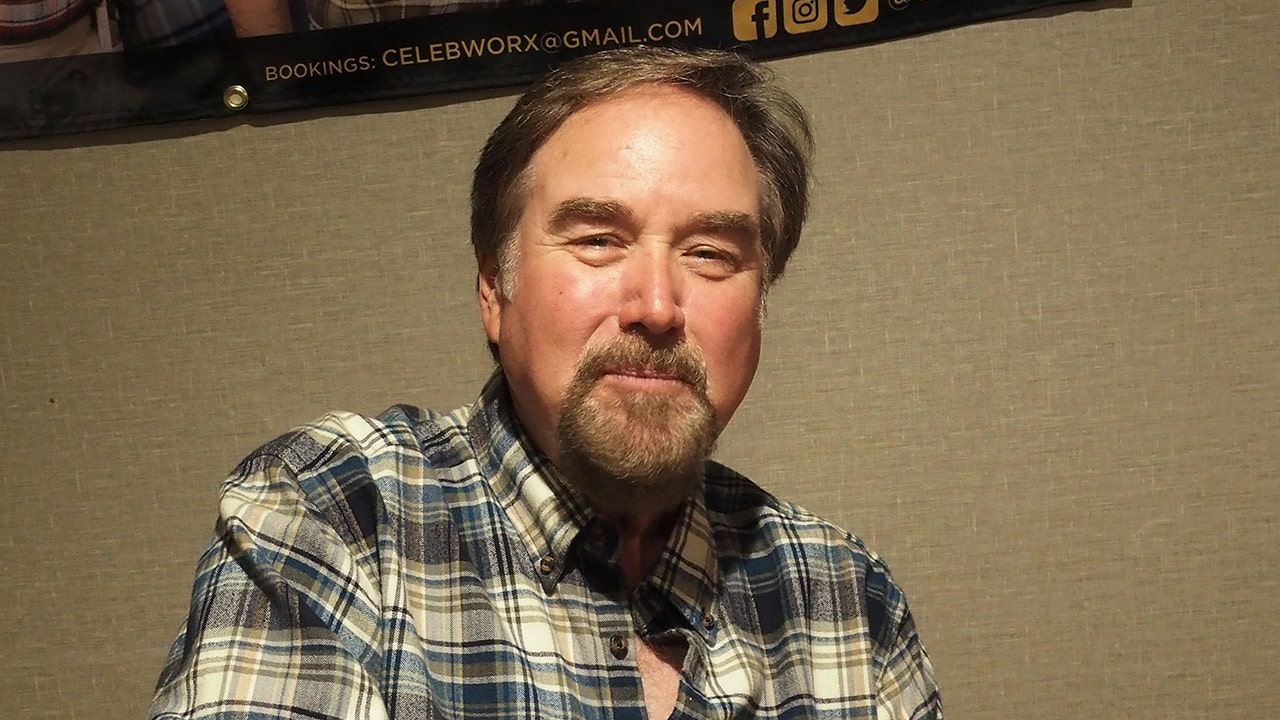Subtle changes in your hearing and even some hearing loss is a common experience as we age.
It often begins with seemingly minor annoyances: needing to ask for repetition, nudging the television volume upwards.
But these small changes point to a larger question: what’s happening within our ears as we grow older, and is this decline in auditory function inevitable?
We spoke with Hannah Samuels, audiologist at Boots Hearingcare, who broke down the biology behind age-related hearing loss.
She explained the role of delicate hair cells in the ear, the long-term effects of noise exposure, and shared some useful advice on how we can protect our hearing as we age.

What are the first signs of age-related hearing loss that people should watch out for?
“Hearing loss is usually a long and gradual process, so a lot of the time it can be difficult for individuals to notice if they’re not hearing as well as they used to,” says Samuels. “But, there are some key signs to look out for which could indicate the need to book a free hearing test with an audiologist.
“Some signs include difficulty hearing and keeping up with conversations, regularly having to ask people to repeat themselves, having the TV on too loud for other members of the family, or struggling to follow conversations on the phone.”
Why does hearing tend to decline with age? What’s happening in the ear biologically?
“As we age, the hair-like cells in your inner ear that are key for passing sound information to your brain become damaged – hearing loss occurs because these hairs can’t regenerate,” explains Samuels. “This typically begins after the age of 60 and affects both ears, but we recommend that people start getting their hearing tested from the age of 55.
“Presbycusis refers to the gradual loss of hearing in both ears, and it is one of the most common conditions affecting older adults. This decline in hearing is a natural part of the ageing process, meaning most individuals will experience some level of hearing loss as they get older.”
How do other health conditions affect hearing as we age?
“If you experience sudden hearing loss, it’s important that you see a doctor as soon as possible to determine the exact cause, as it could be a flag for other health conditions,” urges Samuels. “Sudden hearing loss can be caused by something minor, like earwax build-up, but can also be the result of more concerning issues such as infections, abnormal growths, an autoimmune disease or a head injury.”
However, hearing loss can also be associated with longer-term health conditions, including depression, diabetes, dementia, and cardiovascular diseases, adds the audiologist.

“People with diabetes, for example, are twice as likely to suffer from hearing loss as those without the condition,” says Samuels. “In addition, recent studies indicate that individuals with hearing loss face an increased risk of developing dementia.”
Are there things people can do earlier in life to protect their hearing later on?
Hearing loss is a natural part of ageing, but certain lifestyle choices can increase the risk and may even lead to it developing at an earlier age.
“An individual’s hobby and job can be damaging to their hearing if the correct protection is not worn,” warns Samuels.
For example, listening to music through headphones at high volumes to frequently attending loud concerts, or even working in noisy environments can have a detrimental effect on hearing over time.
“Consistently being exposed to anything measuring more than 70 dB can start to cause damage to hearing after two hours of constant noise. These noise levels can damage the delicate structures of the inner ear, which can cause hearing loss and tinnitus,” she explains. “Due to the fact that hearing loss is progressive and doesn’t hurt, it often means that people don’t notice issues until it’s already quite significant.”
If you are someone who frequents noisy environments, good-quality protective earplugs are recommended.

“Earplugs protect your hearing by reducing the intensity of noise waves that reach the eardrum and are rated with a noise reduction rating (NRR) – the higher the NRR, the more effective,” says the audiologist. “It’s also a good idea to use hearing protection with filters, as these lower the level of sound but still enable you to hear everything.”
How is age-related hearing loss diagnosed and managed?
“Routine hearing checks should start from the age of 55, where your audiologist will carry out a full examination of the inside of your ears first, to make sure your hearing loss doesn’t have another cause, and carry out a hearing test to assess the extent of your hearing loss,” explains Samuels.
“Hearing aids are commonly recommended to address hearing loss, and come in a variety of styles and fittings.”
#hearing #worse #age #reasons










